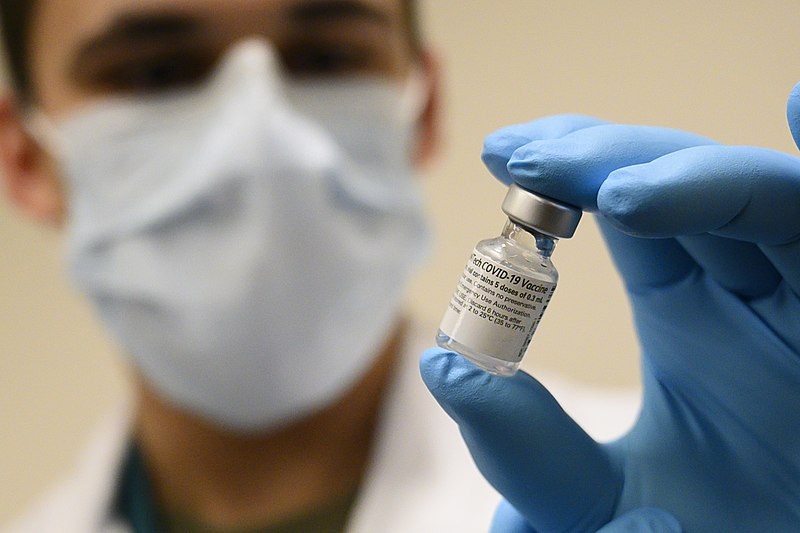The coronavirus vaccines developed by Moderna and Pfizer/BioNTech should be effective against the Indian variant, which has become a growing concern, according to a study in the United States.
The vaccines offered protection against both coronavirus strains first detected in India, however, more studies will have to be done to confirm these results, as the lab-based study, carried out by the NYU Grossman School of Medicine and NYU Langone Centre, alone cannot predict the real-world efficacy of the vaccine.
"What we found is that the vaccine's antibodies are a little bit weaker against the variants, but not enough that we think it would have much of an effect on the protective ability of the vaccines," senior author Nathaniel Landau told AFP on Monday.
Related News
- New coronavirus infections continue to slump in Belgium
- 'A few thousand' Flemish residents vaccinated faster in Brussels using false postal code
For the study, researchers took blood from people vaccinated with either of the doses to then expose it to particles that contained mutations in the "spike" region of the coronavirus, which were particular to the variants first found in India.
This mixture was then exposed to lab-grown cells, to see how many would become infected with either of the strains.
"Some of the antibodies now don't work against the variants anymore, but you still have a lot of antibodies that do work against the variants. There's enough that do work that we believe that the vaccines will be highly protective," said Landau.
The researchers warned that more variants that are more resistant to vaccines will probably emerge, and stressed the importance of widespread vaccination at the global level.
The study has not yet been published in a peer-reviewed journal, as the results are preliminary.
However, an (observational) study in India involving 3,235 fully vaccinated staff members (with AstraZeneca) of the Indraprastha Apollo Hospital in Delhi were followed showed that just 85 of them developed symptoms of Covid-19 and only two ended up in hospital, whilst no one died.
According to the British government’s scientific advisory group for emergencies (Sage), one of the variants, known to virologists as B.1.617.2, could be as much as 50% more transmissible than the original strain detected in Wuhan.
The United Kingdom, where staged relaxations of measures have started to come into effect, is now facing an upsurge in cases caused by this particular variant, which is already widespread in India, where the coronavirus situation has become catastrophic.
In Belgium, five residents of a care home in the Antwerp province became infected with the so-called Indian variants of Covid-19 at the start of May, which lead to the death of one person.
According to Johan Neyts, a virologist with the Rega Institute in Leuven, many more people may be infected with this variant in Belgium, after randomised testing of positive coronavirus testing detected the variant in at least 19 cases.

